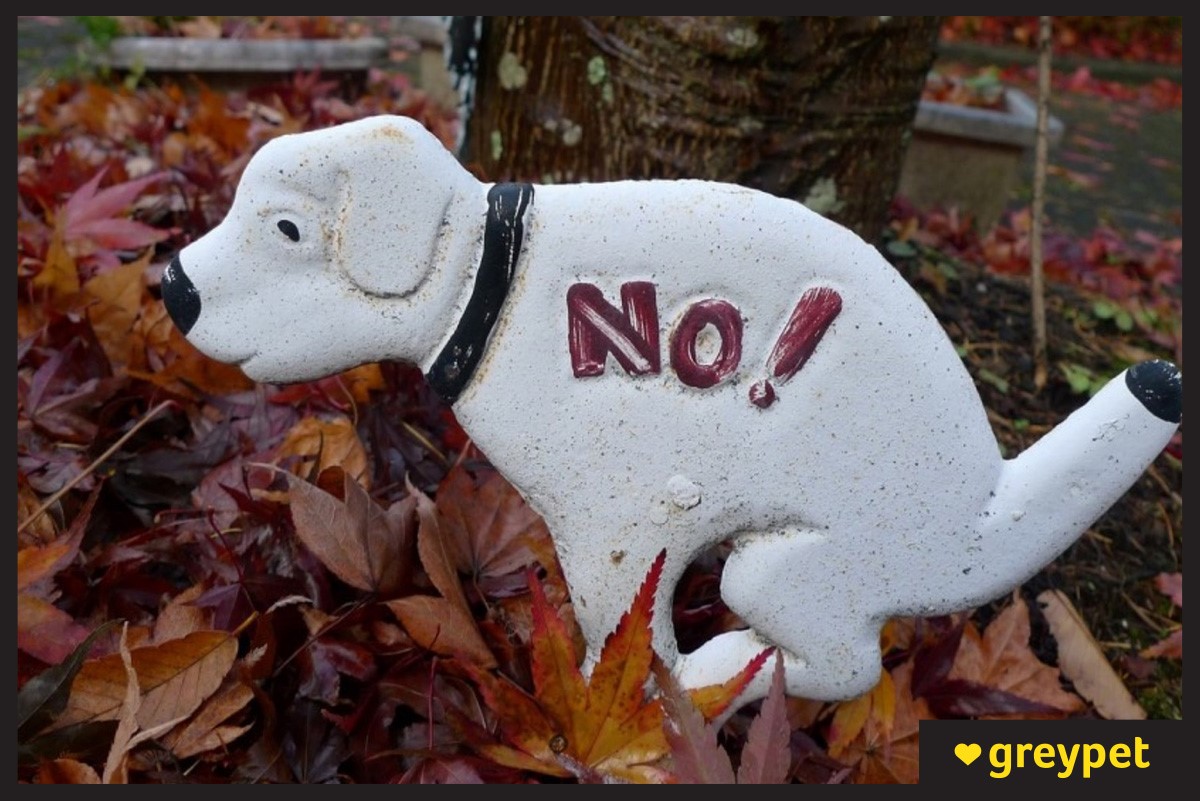Dog Walking Bans in Public Spaces – Are They Legal?
In many neighborhoods, especially on residential estates, we often see signs that read “No Dogs Allowed” or “Dog Walking Prohibited.” But what do these bans really mean for pet owners? Are such prohibitions actually legal?
According to Poland’s Act on Maintaining Cleanliness and Order in Municipalities, the municipal council – after consulting the district sanitary inspector – adopts a cleanliness and order regulation. This regulation may outline the responsibilities of pet owners in a way that prevents inconvenience or threats to people and keeps shared public areas clean.
However, municipal councils are not authorized to ban pets from public areas such as playgrounds, recreational parks, or beaches within this regulation. Such prohibitions would have to be issued under a separate legal basis, giving councils power to govern the use of specific public facilities.
Are Dog Walking Bans Legal?
This means that general “no dogs allowed” signs are often unlawful and infringe on the civil rights of pet owners. Banning dogs from public spaces effectively removes animals from community life and prevents dogs from meeting their basic needs.
This violates the core principle of the Animal Protection Act, which states that animals are living beings capable of suffering and must be treated with respect, care, and protection.
A Precedent Case – The Town of Wołów
In the town of Wołów, the city council adopted a bylaw banning animals from all public facilities, including playgrounds, beaches, and sandboxes. However, the Voivode of Lower Silesia challenged this in court, claiming the council had overstepped its authority.
The Voivodeship Administrative Court ruled that such restrictions were excessive and unconstitutional – they limited freedom of movement and public space access for citizens, especially pet owners.
The case was then appealed to Poland’s Supreme Administrative Court, which upheld the decision (case no. II OSK 2439/14). The court stated that the issues municipalities can regulate are exhaustively listed in the law and cannot be extended arbitrarily.

What Does This Mean for Dog Owners?
Although this ruling only applied to the town of Wołów, it sets a legal precedent that can be used by pet owners across Poland to challenge unlawful dog bans.
The real issue behind such signs is not the presence of dogs—but rather the behavior of some owners who fail to clean up after their pets. As long as that continues, tension will remain between those demanding clean green spaces and those wanting to walk their dogs freely.
Every dog has the right to relieve itself outside, and it’s the owner’s responsibility to clean up.
What’s the Real Solution?
The public space belongs to all citizens. Everyone should be able to use it respectfully. Simply putting up “no dogs” signs is ineffective and doesn’t address the problem.
Instead, municipalities should:
- Educate owners about their responsibilities
- Install more waste bins for pet waste
- Provide free poop bags in parks and green areas
After all, can you imagine our parks and cities without animals?
It would be a much sadder place.
So instead of banning dogs—let’s start by cleaning up after them.


